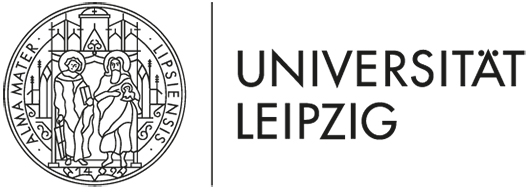T. Magin: Mechanotransduction and signalling by the desmosome/keratin complex

Principal investigator
Prof. Dr. rer. nat. Thomas M. Magin
Leipzig University
Institute of Biology
Div. of Cell and Developmental Biology
Philipp-Rosenthal-Str. 55
04103 Leipzig
Tel: +49 (0)341-97-39582 (office)
t.magin(at)uni-leipzig.de

SPP funded collaborator
Dr. Fanny Büchau
Leipzig University
Institute of Biology
Div. of Cell and Developmental Biology
Tel: +49 (0)341-97-39583 (office)
fanny.buechau(at)uni-leipzig.de

Associated collaborator
Dr. Katrin Rietscher
Leipzig University
Institute of Biology
Div. of Cell and Developmental Biology
Tel: +49 (0)341-97-39587 (office)
katrin.rietscher(at)uni-leipzig.de
Summary
The epidermis protects the body against mechanical force, dehydration and infections by virtue of interactions between cell adhesion complexes and the cytoskeleton. These functions rely to a large extent on the desmosome/keratin complex (DKC). To which extent desmosome composition determines cytoskeletal organization, cell signaling and differentiation and vice versa, how keratins affect desmosome adhesion and signalling function, remains largely unknown. To address these questions, we have generated mice and keratinocyte cell lines that either lack the entire keratin protein family or re-express distinct sets of keratins. These tools allow for the first time to dissect DKC functions in sensing and transmitting mechanical and chemical signals. We will investigate 1) the interdependence of desmosome-keratin composition, 2) the role of phosphorylation in regulating keratin-desmosome interactions, 3) the influence of strain on the desmosome-keratin complex and 4) strain-dependent transcriptional changes in normal and keratin-deficient keratinocytes.
We expect that this project significantly advances the understanding of the above protein complex in epidermal differentiation, barrier function and stress responses.
Expertise
Mechanisms of epidermal differentiation; molecular cell biology of keratins and desmosomes, keratinocyte culture, transgenic mouse models


